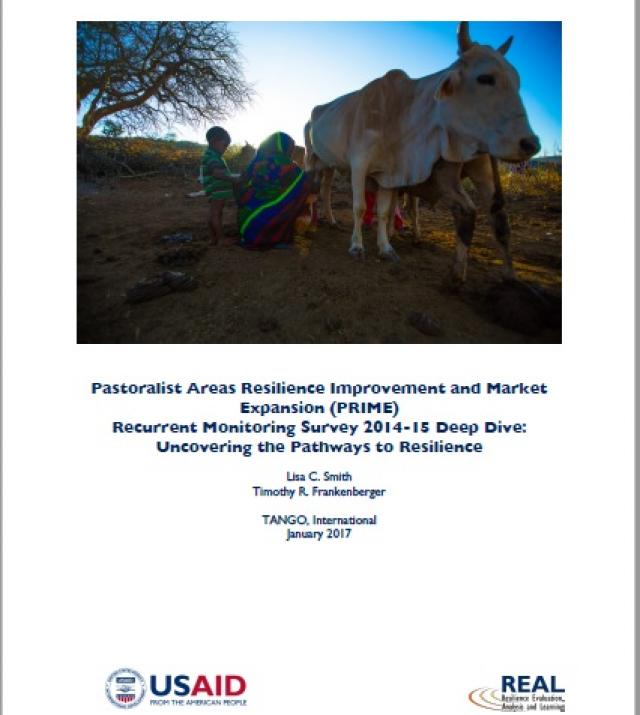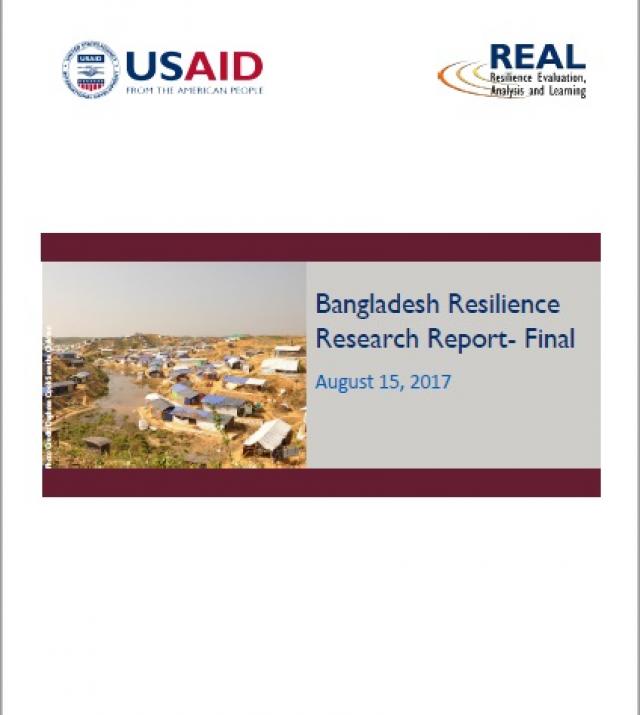Zimbabwe Resilience Research Report

This study documents the detrimental effects of prolonged drought in four provinces of Zimbabwe. The data cover 2013-2016: two years prior to the onset of the drought and two years during the drought. Development Food Security Activities were implemented beginning in late 2014, after the drought had already started.
The goals for the study were to describe the relationships between resilience capacity and well-being outcomes in the face of a drought, to empirically test whether resilience capacity mitigates the effects of shocks on well-being outcomes, and to better understand the relationships between programming, resilience capacity, and well-being outcomes.
Multivariate analysis shows that household resilience capacity is associated with improvements in all well-being outcomes. In some cases, household resilience capacity has a larger effect on households as shock exposure increases, helping to mitigate the effects of shocks. Analysis also shows that agricultural and/or livestock support is associated with improvements in nearly all well-being outcomes. Formal safety nets generally improve food-related outcomes, and credit increases per capita daily expenditures.

